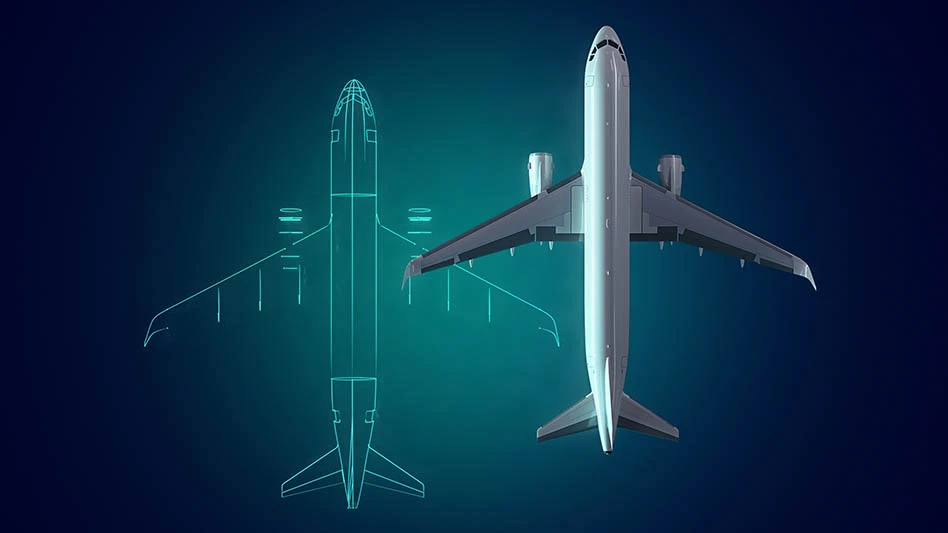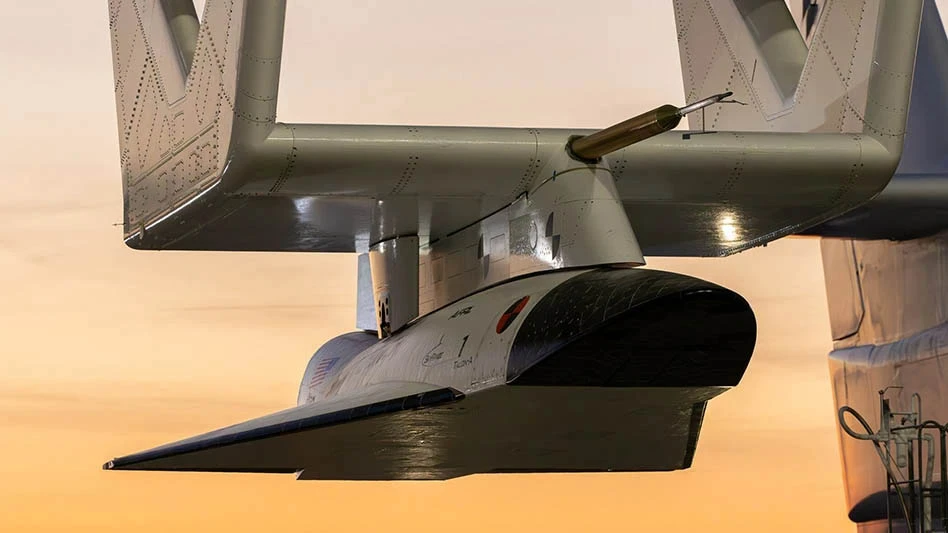
Microturbine technology developer UAV Turbines Inc. made the inaugural flight of its Monarch 5 engine. The technology is engineered to provide mid-sized commercial and military unmanned air vehicles (UAVs) with a heavy-fuel turboprop propulsion system to replace reciprocating engines currently used. Monarch 5 offers remote start, quiet operation, and long maintenance intervals.
The Monarch 5 propulsion system was test flown in a TigerShark airframe from Navmar Applied Science Corp.
$99 billion global military UAV production in 10 years
Teal Group’s 2019/2020 market study estimates that annual global unmanned aerial vehicle (UAV) production will increase from $7.3 billion in 2019 to $10.2 billion in 2029, totaling $98.9 billion in the next 10 years. Military UAV research spending would add another $61 billion throughout the decade.
“Increasing trade in costly high-altitude, long-endurance systems, low-cost Chinese exports, demand for armed UAVs, development of the next generation of unmanned combat systems, and potential new applications are combining to fuel market growth,” says Philip Finnegan, Teal Group’s director of corporate analysis and an author of the study.
The study predicts the U.S. will account for almost 80% of total military worldwide research, development, test, and evaluation (RDT&E) spending on UAV technology throughout the next decade, and about 47% of the military procurement.
The study forecasts UAV payloads, including electro-optical/infrared sensors, synthetic aperture radars, signals intelligence, electronic warfare systems, and command-control systems to grow in value from $5.5 billion now to $8.3 billion by 2029.
The study’s authors see the worldwide UAV market as a prime area of growth for defense and aerospace companies.

Boeing MQ-25 US Navy refueling UAV completes first flight
Boeing’s MQ-25 unmanned aerial refueler aircraft completed its first autonomous test flight, lasting two hours, under the direction of Boeing pilots operating from a ground control station at MidAmerica St. Louis Airport in Mascoutah, Illinois, where the test program is based.
The Boeing-owned test vehicle is a predecessor to the engineering development model (EDM) aircraft and is being used for early learning and discovery to meet the goals of the U.S. Navy’s accelerated acquisition program. Boeing will produce four EDM MQ-25 air vehicles for the U.S. Navy under an $805 million contract awarded in August 2018.
The MQ-25 will provide the Navy with carrier-based unmanned aerial refueling capability, allowing strike fighters currently performing tanker duties to resume combat roles.

Explore the November December 2019 Issue
Check out more from this issue and find your next story to read.
Latest from Aerospace Manufacturing and Design
- Discuss the upcoming year in manufacturing with GIE Media editors
- Our first webinar of 2025 highlights additive manufacturing
- Pegasus Airlines orders up to 200 Boeing 737-10 airplanes
- ModuleWorks' 2024.12 software components
- Archer completes construction of high-volume manufacturing facility
- Curtiss-Wright’s NXP 16-Core Arm-based VPX single board computer
- Happy New Year
- 2024 Favorites: #1 Article –2024 Forecast





